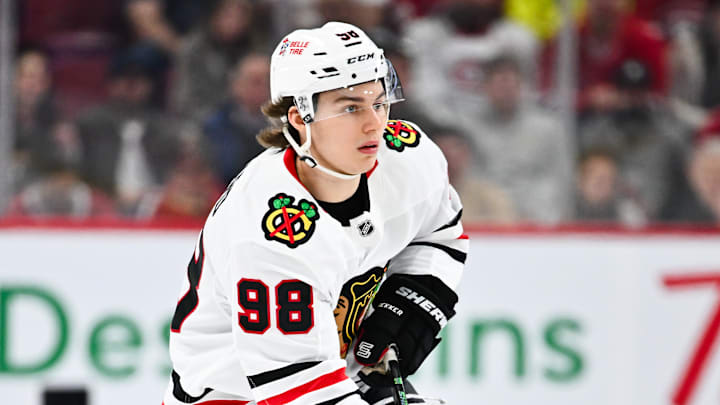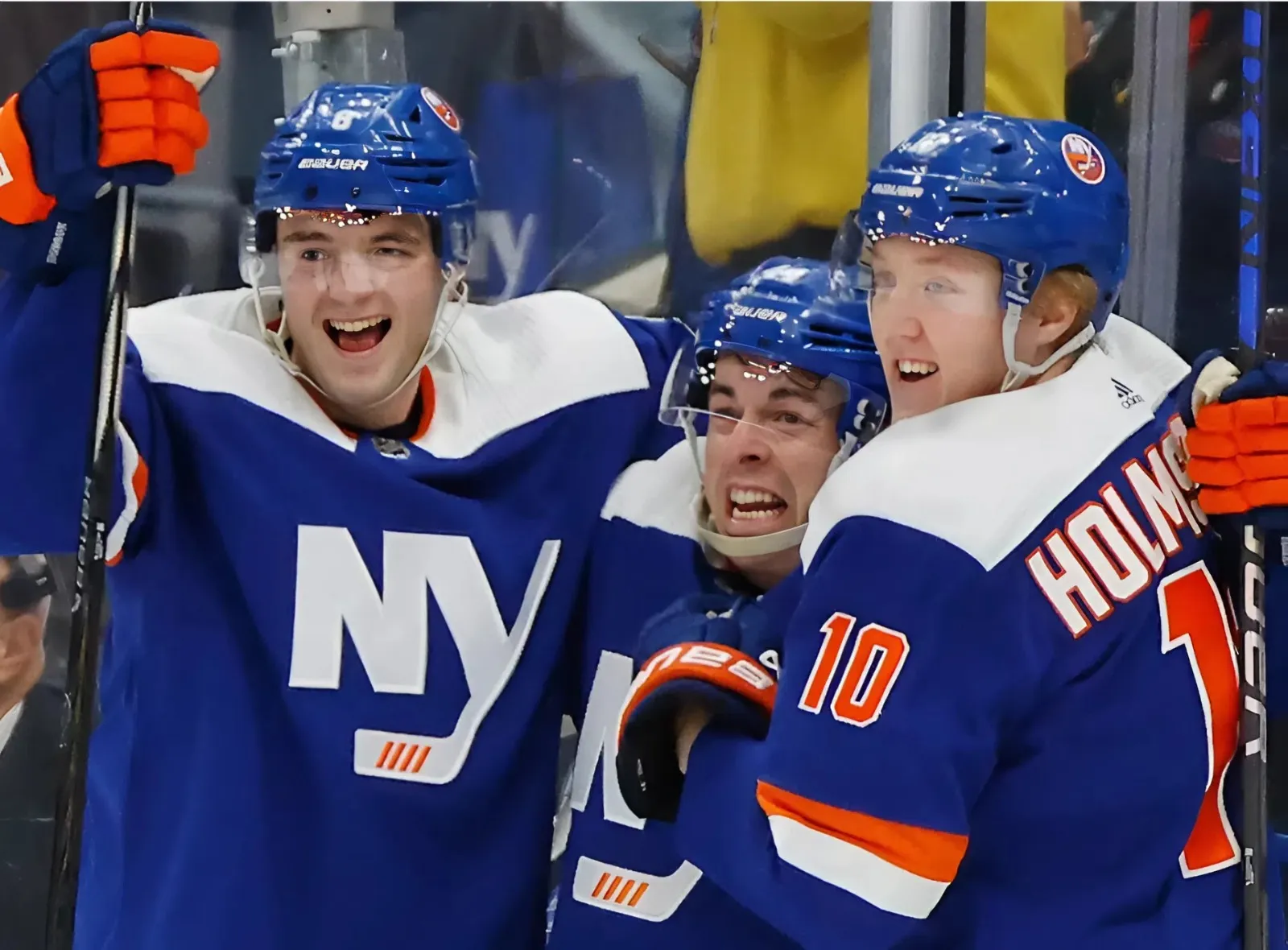As Connor Bedard enters his third season with the Chicago Blackhawks, fans are eagerly watching to see if the 18-year-old phenom can live up to the "generational superstar" label. Although some critics have questioned his early NHL performance, many believe the best is yet to come. This season, expectations for Bedard are high, but how realistic are they? Let’s break it down.

The Hype and The Pressure
The pressure surrounding Bedard has been intense since day one. As one of the most highly anticipated prospects in recent memory, the Blackhawks are counting on him to lead them back to playoff contention. But with that expectation comes a lot of external pressure, particularly from fans of other teams. Many see Bedard as the ultimate prize for a franchise, but there are also those who are eager to see him fail. The NHL’s newfound obsession with Macklin Celebrini has also shifted some of the focus away from Bedard, making comparisons inevitable. However, one thing is clear: Bedard’s potential is undeniable, and he's ready to prove himself.
Looking at Historical Comparisons
To get a better sense of what Bedard’s third season might look like, we can look at how other generational and franchise-level players performed in their third NHL seasons. Let’s start with some notable Blackhawks legends: Patrick Kane and Jonathan Toews.
-
Patrick Kane: In his third season (2009-10), Kane scored 30 goals, 58 assists, and 88 points. This season ended with a Stanley Cup victory, which saw Kane scoring his iconic “phantom goal.” Those are huge shoes to fill, and while Bedard might not be contending for a Cup this year, we can still look to Kane’s season for context in terms of offensive output.
-
Jonathan Toews: Toews, also in his third season (2009-10), registered 25 goals, 43 assists, and 68 points. Known for his two-way dominance, Toews contributed heavily both offensively and defensively. While Bedard may not be expected to take on the same defensive responsibilities, Toews' balance of offense and defense provides a useful comparison for Bedard’s development.
Looking beyond the Blackhawks, we can compare Bedard to other stars:
-
Connor McDavid (2017-18): McDavid's third season saw him rack up 41 goals, 67 assists, and 108 points.
-
Steven Stamkos (2010-11): Stamkos’ third season brought 45 goals, 46 assists, and 91 points.
-
David Pastrnak (2017-18): Pastrnak, in his third season, had 34 goals, 36 assists, and 70 points.
As we can see, there is a wide range of outcomes in the early careers of even the best players. Not every superstar came out of the gate with a dominant performance, especially when playing for teams that were in rebuild mode, like the Blackhawks in recent years.
What’s Fair for Bedard in Year Three?
So, what can we realistically expect from Bedard in his third season? Based on historical data and his growth, a fair expectation for Bedard would be somewhere between 30-35 goals and 40-55 assists, which would put him in the 70-90 point range. For a team that’s still in the rebuilding phase, those numbers would be an impressive result, especially if Bedard can continue to develop his chemistry with key players like Patrick Kane and Dylan Larkin.
Personally, I would predict Bedard finishes with 34 goals, 46 assists, and around 80 points in roughly 80 games. His plus/minus may still be a challenge, but the key will be minimizing it—something in the -8 to -12 range seems possible given the Blackhawks' defensive struggles.
The Big Picture
If Bedard can become a point-per-game player by year three, even before the team is fully ready to compete, it would be a huge win for Blackhawks fans. The fact that Bedard’s career is already on such a promising trajectory speaks volumes about his potential. For now, the future is bright—this is just the beginning for the young star.



-1749919874-q80.webp)